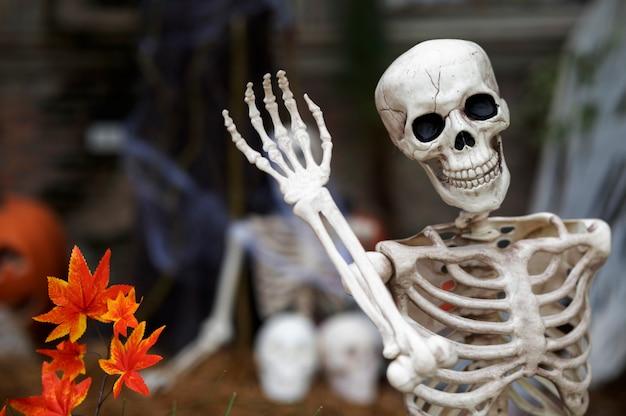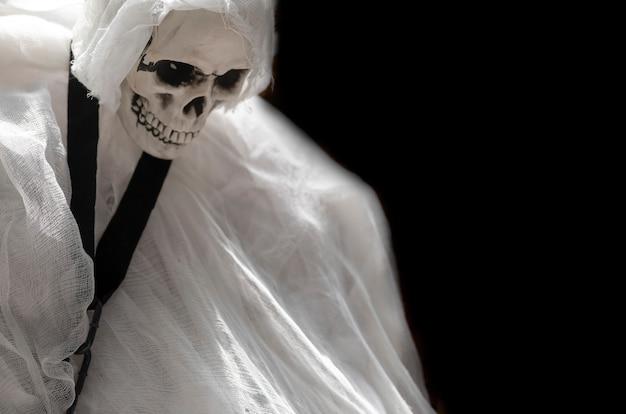In 2023, as we strive for gender equality and social progress, it is disheartening to realize that some archaic customs still prevail in our society. One such harmful tradition is the practice of dowry, an ancient custom that continues to plague many cultures around the world. In this blog post, we will explore why dowry is considered a social evil and the detrimental effects it has on individuals and society as a whole.
But first, let’s shed some light on what exactly dowry entails. In simple terms, dowry refers to the transfer of money, property, or valuable assets from the bride’s family to the groom’s family at the time of marriage. This practice has deep-rooted historical origins, often associated with notions of maintaining social status, ensuring financial security, or even as a symbol of love and commitment. However, in its current form, dowry has transformed into a problematic system that perpetuates gender inequality and hinders social progress.
Throughout the course of this blog post, we will delve into the numerous problems associated with dowry, discussing its impact on various aspects of society. From the financial burden it places on the bride’s family, to the commodification of marriage, and the subsequent discrimination, violence, and even dowry-related deaths that can result, the negative effects are far-reaching. By examining these issues, we hope to contribute to the ongoing conversation about eradicating the dowry system and promoting a more equal and just society.

Header 1: Dowry: An Unwanted Tradition with Far-Reaching Consequences

Why Dowry is a Social Evil
The Burden of Tradition
The concept of dowry has been deeply ingrained in many societies for centuries, and unfortunately, it continues to thrive even in the modern world. The tradition of dowry often places an undue burden on the bride’s family, resulting in financial instability and inequality. This archaic practice, rooted in patriarchy and inequality, is a true social evil that needs to be eradicated.
A Price Tag on Love
Imagine if love came with a price tag. Well, that’s exactly what dowry does. It turns a beautiful union of two souls into a transactional affair. The groom’s family demands money, gifts, and sometimes even property from the bride’s family as a precondition for getting married. This not only undermines the very essence of marriage but also reduces the bride to a mere object to be purchased. Love should be priceless, not marked with a dollar sign.
Discrimination and Exploitation
Dowry fuels gender discrimination and breeds exploitation. The expectation of dowry places immense pressure on families with daughters. They are forced to bear the burden of a tradition that feeds off the notion that women are worth less than men. It perpetuates the idea that a daughter is a liability, burdening her family with the need to pay a hefty dowry to ensure her marriage. This not only devalues women but also perpetuates harmful gender stereotypes.
Economic Imbalance
The financial strain of dowry often leads to economic hardships for the bride’s family. In many cases, families are pushed into taking loans or selling their valuable assets to meet the dowry demands. This can plunge families into severe debt, creating a cycle of poverty that perpetuates across generations. The economic inequality resulting from dowry reinforces social disparities and hampers societal progress.
A Barrier to Education and Empowerment
Dowry presents a significant barrier to education and empowerment for girls and women. When families are burdened with the financial responsibility of dowry, they often prioritize securing a suitable match for their daughters over investing in their education. This denies girls the opportunity to develop their potential, pursue their dreams, and contribute to society in meaningful ways. It perpetuates a cycle of dependence and stifles the progress of women in society.
The Power of Awareness and Change
Awareness and education play a crucial role in challenging and eliminating the social evil of dowry. By promoting gender equality, empowering women, and encouraging discussions around dowry, we can work towards a society that rejects this harmful practice. Together, we can create a future where love is not measured by material possessions, but by kindness, respect, and equality.
Dowry is not just an old-fashioned tradition; it is a social evil that is detrimental to both individuals and society as a whole. Its existence perpetuates gender inequality, economic imbalance, and discrimination. It is time to break the shackles of this oppressive tradition and create a world where marriage is based on love and respect, free from the burden of dowry. Let’s work towards a future where every individual is valued for who they are, their worth not determined by material possessions.
FAQ: Why is Dowry a Social Evil
What happens in a Betrothal
Betrothal is an ancient tradition where two individuals, usually a man and a woman, make a formal engagement to marry each other. It involves a promise to marry and the exchange of gifts or tokens to signify the commitment. Betrothals were common in historical cultures, but today they are not widely practiced, particularly in Western societies.
What does “betrayed” mean
The term “betrayed” has nothing to do with betrothal or the dowry system. It refers to a situation when someone has been deceived or let down by someone they trusted. In the context of relationships, it often implies a breach of loyalty or trust.
Why is Bride Price important
Bride Price, also known as “bride wealth” or “bridewealth,” is a cultural practice in some societies where the groom or his family offers gifts or money to the bride’s family as a token of appreciation for accepting the marriage proposal. While it varies across cultures, bride price is seen as a way to honor the bride’s family and establish financial security for the new couple.
What is the effect of Dowry system
The dowry system refers to the practice of a bride’s family providing gifts, valuables, or money to the groom’s family as a condition of marriage. Sadly, this system often leads to several negative consequences. It can create financial burdens for the bride’s family, perpetuate gender inequality, and even result in domestic violence or abandonment if the dowry demands are not met.
Does “betrothed” mean married
No, being betrothed does not mean being married. Betrothal is a formal agreement to marry, but the actual marriage ceremony has not taken place yet. It is a pre-marital stage where both individuals are committed to each other and are preparing for their future union.
What is the biblical meaning of betrothed
In biblical terms, betrothal carries significant weight. It is considered a sacred and binding commitment between two individuals, much like a marriage covenant. During betrothal, couples promise fidelity and prepare for their married life. The biblical meaning emphasizes the seriousness of the commitment made during this stage.
What is my Bride Price
Determining a bride price is subjective, as it varies among different cultures and societies. It typically involves negotiations between the groom’s family and the bride’s family. However, it’s important to acknowledge that in modern times, many societies have moved away from the practice of bride price due to its potential to commodify women and reinforce gender inequalities.
What are the problems of dowry
The dowry system comes with a host of problems that persist in many societies. First and foremost, it perpetuates the idea that women can be bought or valued based on material possessions. It often leads to financial burdens on the bride’s family, causing them to incur debts or sacrifice their own well-being. Dowry-related disputes and domestic violence are also prevalent issues connected to this social evil.
What is the purpose of Bride Price
The purpose of bride price varies across cultures. It can serve as a symbol of respect and gratitude towards the bride’s family, helping to establish harmony and goodwill between both families. Additionally, it may contribute to the economic stability of the newly formed household. However, it’s crucial to ensure that bride price practices do not foster inequality or mistreatment.
Why is dowry a social evil
Dowry is considered a social evil because it undermines gender equality and perpetuates harmful stereotypes and practices. It places undue financial burdens on the bride’s family and often leads to marital discord, domestic violence, or even bride burning in extreme cases. By focusing on material possessions rather than the love and commitment between two individuals, dowry reinforces a warped sense of human worth and damages the fabric of society.
What is a dowry essay
A dowry essay is a type of academic or journalistic writing that delves into the history, impact, and complexities of the dowry system. It examines the sociocultural, economic, and psychological aspects associated with dowry and presents arguments and analysis to raise awareness about this pressing social issue.
What is Bride Price in Islam
In Islam, bride price is known as “Mahr.” It is a gift or financial obligation given by the groom to the bride during the marriage contract. Mahr serves as a symbol of the husband’s commitment to support his wife and establish mutual respect within the marriage. It is considered a right of the wife, emphasizing the importance of gender equality in Islamic teachings.
Remember, dowry is not just a cultural practice; it is a deeply rooted social issue. By understanding its consequences and promoting awareness, we can work towards eliminating this harmful tradition and creating a more just and equal society.
